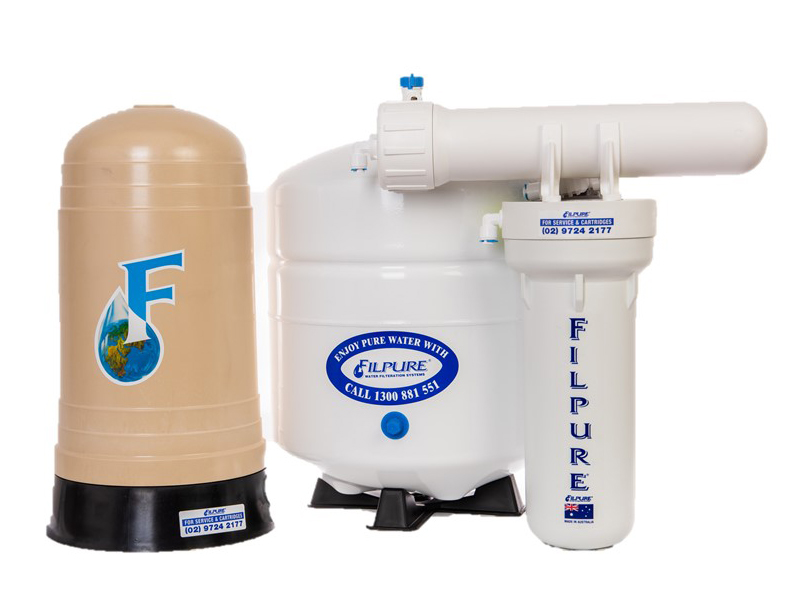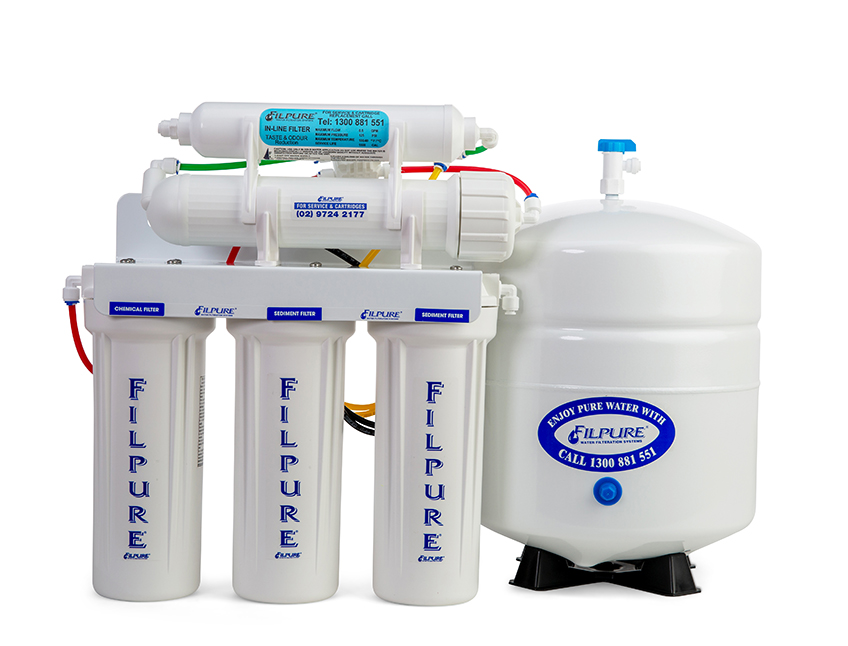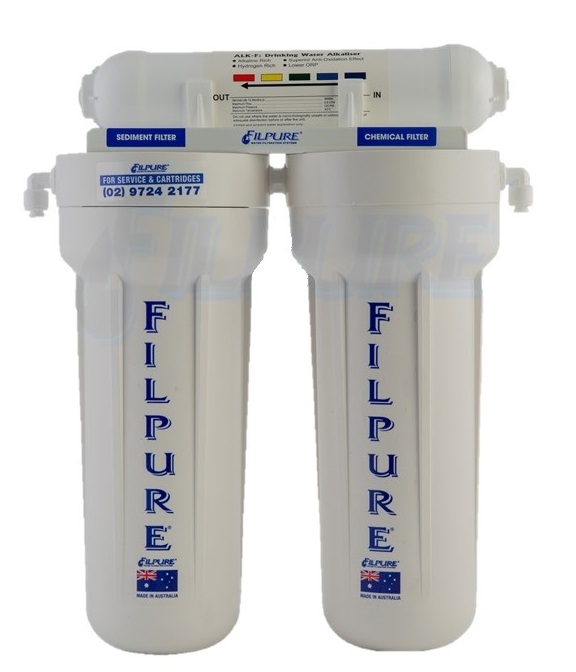
How Does Taste Affect Water Quality?
Water quality is often assessed based on parameters such as contamination levels, pH balance and mineral content. However, one of the most immediately noticeable and influential factors is taste. The taste of drinking water can significantly affect perceptions of its quality and influence drinking habits.
What Affects the Water’s Taste
The taste of water can be affected by various factors, including the presence of chlorine, minerals, organic matter and contaminants. For instance, a metallic taste can indicate high levels of iron or copper, while a salty taste might suggest elevated levels of sodium or chloride. Chlorine, used in many municipal water treatment processes, can give water a distinctly chemical taste. Even naturally occurring substances, such as algae, can impart a musty or earthy flavour.
Concerns About Unusual Tastes
People should be concerned about unusual tastes in their drinking water, as these can be indicators of underlying issues. While not all unusual tastes signify harmful contaminants, they can still point to the presence of substances that affect overall water quality. For example, a sulphurous taste might be harmless hydrogen sulphide, but it could also signal bacterial contamination. A consistently unpleasant taste might deter people from drinking enough water, impacting their hydration and overall health.
Role of Taste in Hydration Frequency
Taste plays a crucial role in the frequency of hydration. People are more likely to drink water that tastes good, which can significantly impact their daily water intake. Proper hydration is essential for various bodily functions, including digestion, temperature regulation and joint lubrication. Conversely, water that tastes off-putting can lead to decreased fluid consumption, increasing the risk of dehydration, particularly in vulnerable populations such as children and the elderly.
How Water Filters Can Help
One effective way to improve the taste of drinking water is by using a water filter. Filters can remove or reduce the substances that cause unpleasant tastes, such as chlorine, metals and organic compounds. Activated carbon filters, for example, are highly effective at removing chlorine and organic materials, significantly enhancing water taste. Reverse osmosis systems can also improve taste by removing a broader range of contaminants, including dissolved salts and metals.
Improving the taste of water with a quality filter not only enhances the drinking experience but also encourages more frequent hydration. When water tastes clean and fresh, people are more likely to meet their daily hydration needs, supporting overall health and well-being. Moreover, filtered water can enhance the flavour of beverages and foods, making it a valuable addition to any household.
Taste is a vital aspect of water quality that can influence both perceptions of safety and hydration habits. Unusual tastes can signal potential issues with water quality and deter regular consumption. Investing in a good water filter can significantly improve the taste of drinking water, encouraging better hydration and ensuring a pleasant drinking experience.















